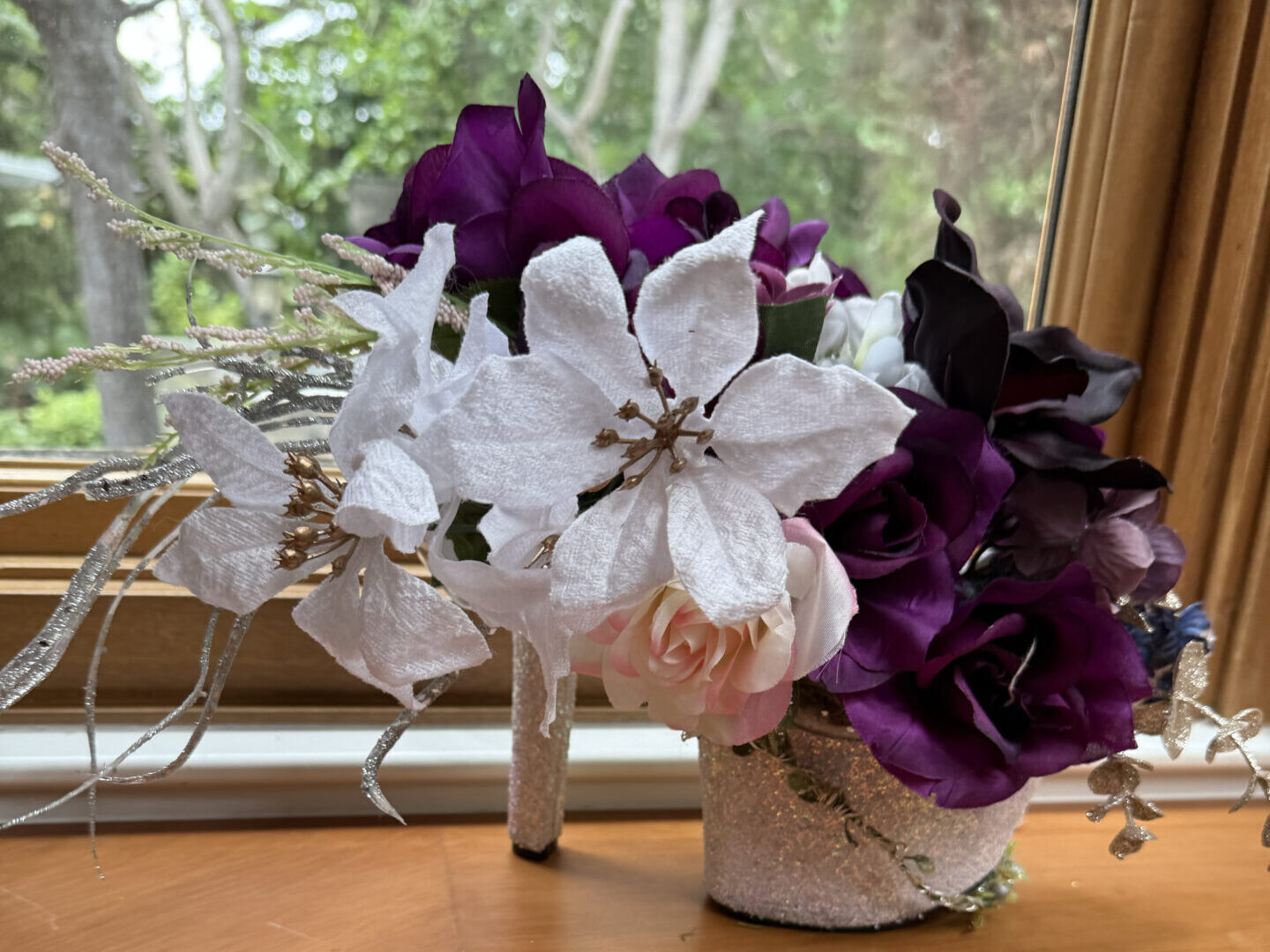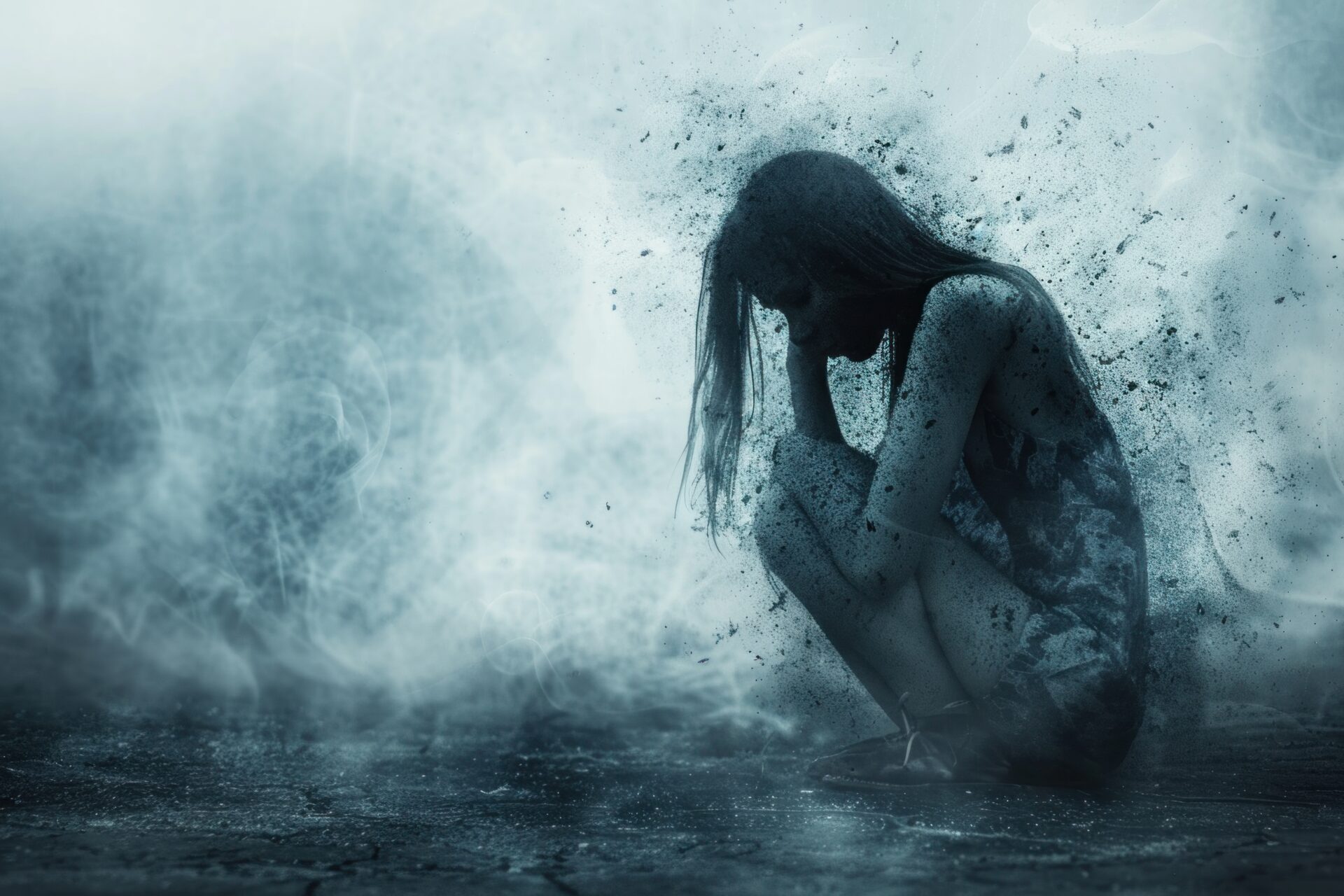I Don’t Care, It’s Ok, I’m Fine, Whatever!
I hear these words almost daily from the youth we serve. They may sound casual—but they’re not. These phrases are a defense, a way to survive when the pain is too deep to explain. They aren’t indifferent—they’re protecting.
Not long ago, one of our girls received the news that her dad wouldn’t be coming to her high school graduation. He didn’t even tell her himself. He blamed her for their broken relationship. Never mind that she had spent years just trying to survive. Never mind that every choice she made was shaped by trauma, rejection, and hurt.
Her response?
“It’s fine. It’s ok. Whatever.”
Yet, we knew the truth. We saw the tears behind her glasses. The pain in her silence. Those words weren’t apathy. They were a cover.
- “I don’t care” is a survival strategy. It keeps the heart from hoping, from breaking.
- “It’s ok” is said with a shaky voice, trying to make sense of loss that shouldn’t exist.
- “I’m fine” is usually a lie—not because they’re trying to deceive anyone, but because saying how they really feel feels too risky.
- “Whatever” is emotional fatigue. A quiet surrender. A final attempt to act like it doesn’t matter.
John 5 Healing at Bethesda
Recently, I was reminded of the man at the Pool of Bethesda in John 5. The man who couldn’t walk. The man who had no one. In those days, it was believed that the waters of the pool held healing power—when stirred by an angel, the first person to enter would be healed. So the sick, blind, and paralyzed gathered there, hoping for a miracle.
This man had been there for thirty-eight years, waiting, watching others move ahead of him, never able to get in fast enough. Someone must’ve carried him there at some point, but no one stayed. No one was there to help him get into the water. Day after day, year after year—he watched others go in ahead of him, while he was left behind.
He had been there for 38 years, starting out with nothing but a mat beneath him and the hope that one day his day would come.
Bethesda means “House of Mercy,” but I imagine that after nearly four decades, it felt more like a house of disappointment—a place where silent prayers went unanswered and loud heartbreaks echoed.
Like so many of the youth we serve, I imagine this man also had a silent mantra:
“I don’t care.”
Maybe he said it as he watched others walk past. As the water stirred and once again—he missed his chance. Maybe it meant, “I don’t need anyone.” Or maybe it was easier than admitting how much he wanted to be healed.
“It’s ok.”
Did he whisper it to himself. Maybe after the 10th year. Or the 20th. Or the 30th. Maybe it was easier to tell himself it was ok than to face the ache of yet another year without healing.
“I’m fine.”
Surely somebody asked him questions. Maybe they wanted his story. How long have you been here? Where’s your family? Why hasn’t anyone helped you?
Maybe it was easier to say, “I’m fine,” than to admit he felt forgotten, alone, and judged.
“Whatever.”
Maybe after 38 years, he stopped hoping.
Whatever.
Whatever.
I’m still here.
I’m still broken.
Maybe this is just how it ends.
Chelsea’s whatever

At Run 2 Rescue, we serve youth who know what that kind of pain feels like. They know what it’s like to sit beside their own version of the pool—longing for rescue, unsure if healing will ever come. They’ve been through hell. Many have endured years of sexual exploitation—some since they were children.
For example a young girl—we’ll call her Chelsea—was just 15 when she came to us. A group home kid. Foster care. Rejection after rejection. Running from trauma, and sometimes running to the only place that ever felt familiar—her mother’s house. But even that door would be slammed in her face.
One day, Chelsea called her mom.
Her mom answered coldly: “I don’t want anything to do with you.”
Chelsea hung up and muttered, “I hate her. I don’t care if I ever see her again.”
But of course, she cared. She was hurting. Deeply. That kind of rejection cuts to the soul. She was lying beside her own pool. Realizing no one was coming.
“I have no one,” the man told Jesus.
Our girls say it too—though sometimes in different words.
“I don’t care.”
Because it hurts too much to keep hoping.
Chelsea had been waiting. Maybe she believed that healing would come when her mom finally welcomed her.
She waited at 16.
She waited at 17.
She tried desperately to convince herself, “It’s ok.”
But when 18 came, and she graduated without a call or card from her family, she began to shut down.
When asked how she felt, she said, “I’m fine.”
What she really meant was, “Please don’t ask. I can’t talk about it. The hurt is too much.”
And then, after one last attempt to go home—her mother rejected her again.
That was it!
Chelsea ran.
She went back to the life she had once been rescued from.
Back to the streets.
Back to the trauma.
Whatever.
The final straw.
I believe that’s what happened to the man at the pool too. Maybe he had once believed healing would come. Maybe he had once thought someone would carry him to the water. But eventually…
Whatever.
But Jesus doesn’t leave us in our “whatever.”
When we’re out of strength. When we’ve stopped hoping. When we’ve given up…
That’s when He shows up.
“When Jesus saw him lying there and learned that he had been in this condition for a long time, He asked him,
‘Do you want to get well?’”
Jesus approached the man.
He didn’t wait for the man to cry out.
He didn’t need him to be strong or even full of faith.
Jesus saw him, knew how long he had suffered, and initiated the conversation.
He asked just one question—but it cut to the core:
Do You Want to Get Well?
“Do you want to get well?”
Jesus didn’t ask,
“Why are you still here?”
“What did you do to end up like this?”
He asked a question that went deeper than circumstances. It was about desire, identity, and hope.
The man replied from his pain:
“I have no one.”
Jesus didn’t walk away. He didn’t correct or condemn. That wasn’t really the answer to Jesus’ question. But it was the answer from his pain.
Just like so many of the girls we serve. That was Chelsea’s answer too.
“I have no one.”
No support. No help. No family. No one to carry me when I can’t carry myself.
Jesus didn’t rebuke that answer—He looked past it.
Because He was the “someone.”
He was the answer to the hopelessness.
He didn’t lecture or wait for the man to explain more.
He simply spoke life:
“Get up.”
Two small words that carried power, mercy, and hope.
At the end of ourselves, that’s when God speaks.
He doesn’t need the water to stir. He brings healing Himself. Resurrection power has arrived!
God is going to do what nobody else could do.
He was going to heal him.
The man responded! He had to actually get up—something that he could not do for 38 years.
But Jesus didn’t stop there.
He said:
“Pick up your mat.”
Pick up the thing that once defined your pain. That mat had been his identity. His place of waiting. His symbol of suffering. Now, it would become his testimony.
Jesus wasn’t just healing the man—He was giving him something to carry forward.
A reminder of where he’d been, and how far grace had brought him.
A mat that said, “I’m not stuck anymore.”
Chelsea’s story isn’t over either.
When Jesus showed up for her, she was on the street.
But He met her right there.
And He said,
“Get up.”
Not just physically—but emotionally. Spiritually.
He got her attention and gave her the courage to rise out of her circumstance and pick up her mat!
And she did!
She picked up her mat.
Actually, it was her shoes.
And she walked away from the life that had nearly destroyed her.
After we pick up our Mat the next direct was “Walk.”
Walking implies direction, a place where you’re heading.
For the man at the pool and Chelsea, it meant purpose! It wasn’t just physical.
It was time to walk:
- Walk in healing.
- Walk in purpose.
- Walk in freedom.
- Walk into a new life—with boldness. With Christ.
That’s what Chelsea did.
She didn’t go back to the family that rejected her.
She came home—to a family Jesus built around her.
A family who loved her.
Who reminded her of her worth.
She didn’t have to pretend anymore.
Her story wasn’t something to hide.
Her scars became stories. Her shoes became symbols.
Of freedom. Of restoration. Of God’s faithfulness.
“Pick up your mat and walk.”
When God heals, the enemy attacks—and he uses people.
The man at the pool was healed—and the religious leaders questioned him, tried to silence him, and told him to stop carrying the mat—But he carried it anyway.
Because what once held him down now served as proof of what Jesus had done.

Later, Jesus found him and said:
“See, you are well again. Stop sinning or something worse may happen to you.”
It wasn’t a threat—it was a reminder:
- Don’t go back to the place that broke you.
- Don’t believe healing only comes from the pool.
- Don’t listen to voices that want to keep you bound.
Jesus set him free.
And now we have new responses to the words that once declared we were crippled:
- I don’t care what people think—I was healed.
- It’s ok I never made it to the pool—Jesus came to me.
- I’m fine—not because I’m pretending, but because He made me whole.
- Whatever Jesus says, I’ll do.
The man at the pool walked.
Chelsea walked.
And so can we.
Our first step is to GET UP!
Maybe you’ve said those same words:
“I don’t care.” “It’s fine.” “Whatever.”
Maybe you’ve felt forgotten, passed over, or stuck in something you can’t fix.
Jesus sees you too. And He still asks,
“Do you want to get well?”
Healing doesn’t always look like a miracle in a moment.
Sometimes it’s slow. Sometimes it’s messy.
But He still meets us in the middle of our pain.
Would you take a moment to reflect?
- What are you lying on?
- What pain have you grown used to?
- What “mat” are you still carrying from your past?
Jesus isn’t asking you to have it all together.
He’s inviting you to get up, pick up your mat, and walk.
If this Story Moved You…
Share this post – you never know who needs to hear it.
Reach out if you want me to come speak!
Together, we can walk along those stilll waiting beside the pool. Together we can help them hear those three powerful commands.
“Get Up. Pick up your mat. Walk.”


Leave a Reply